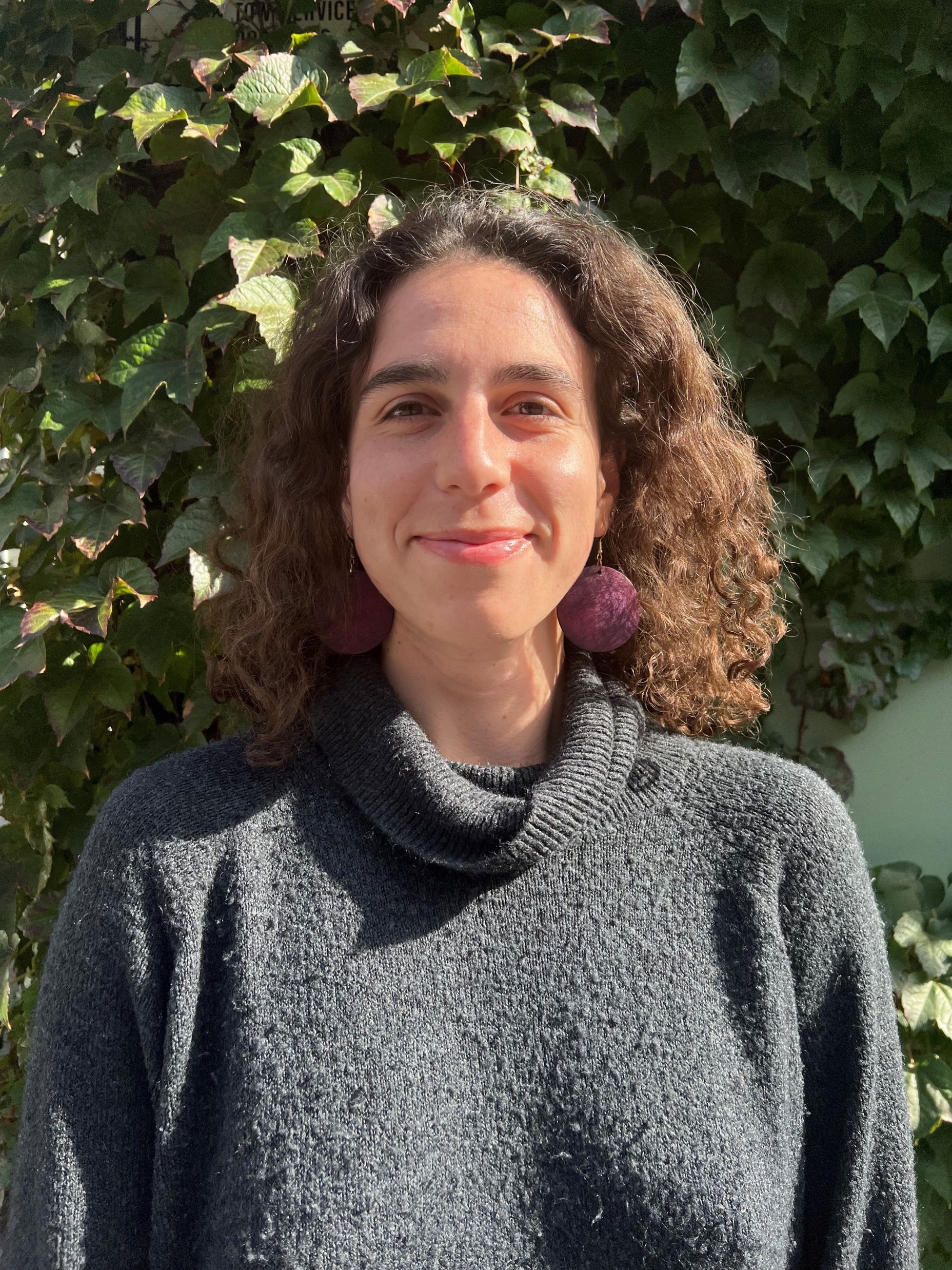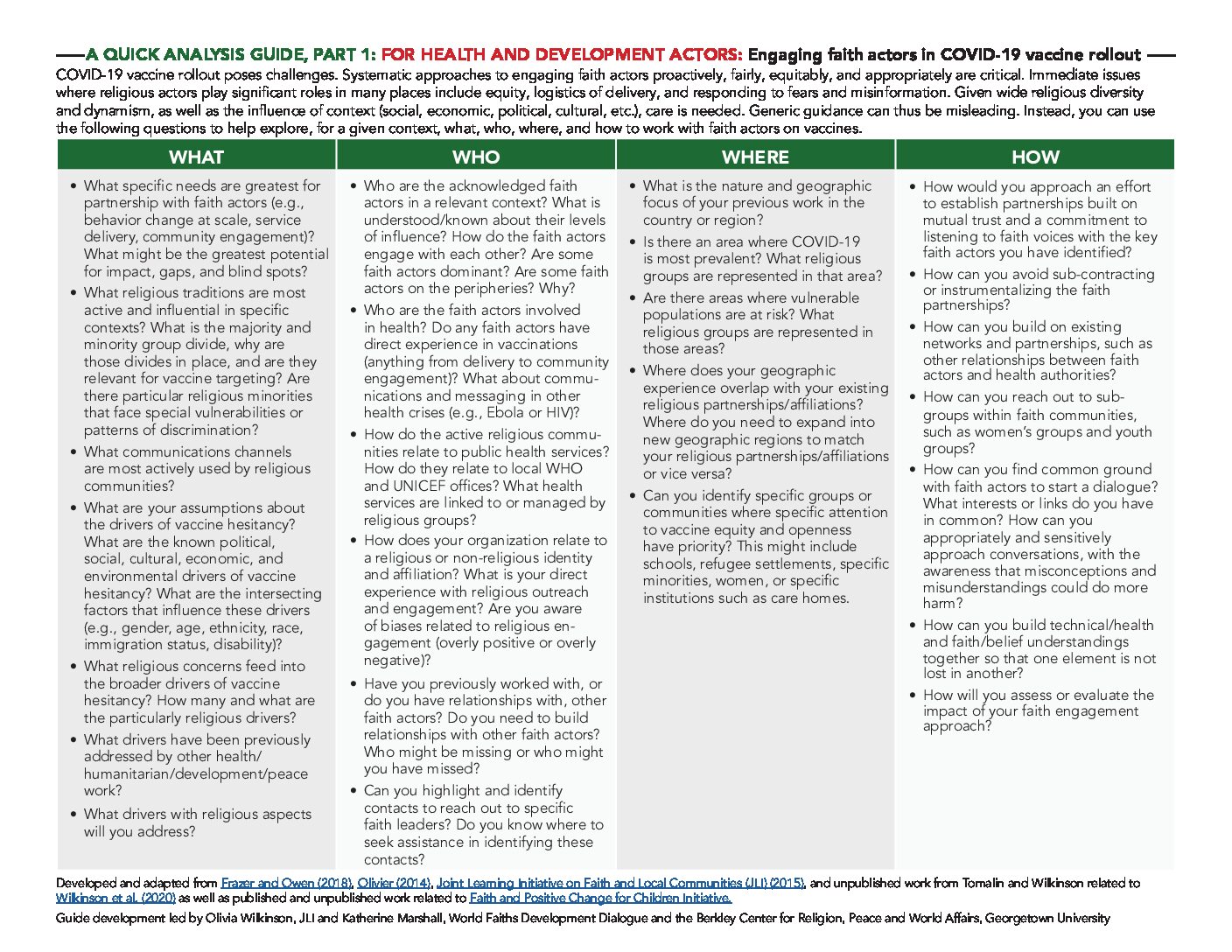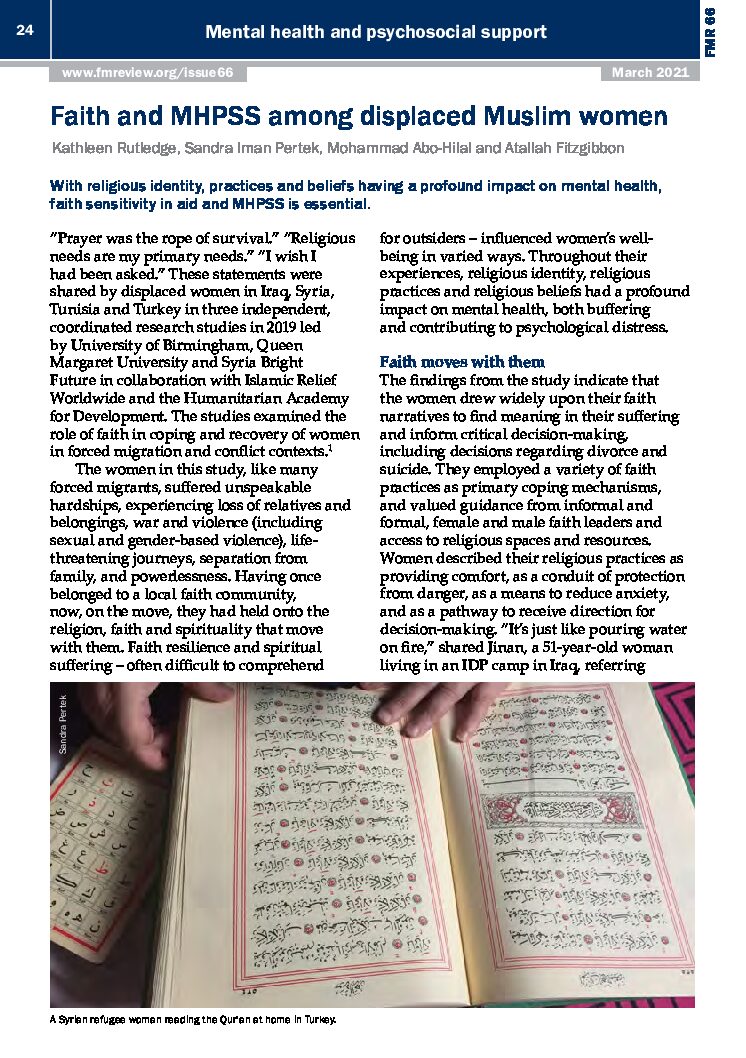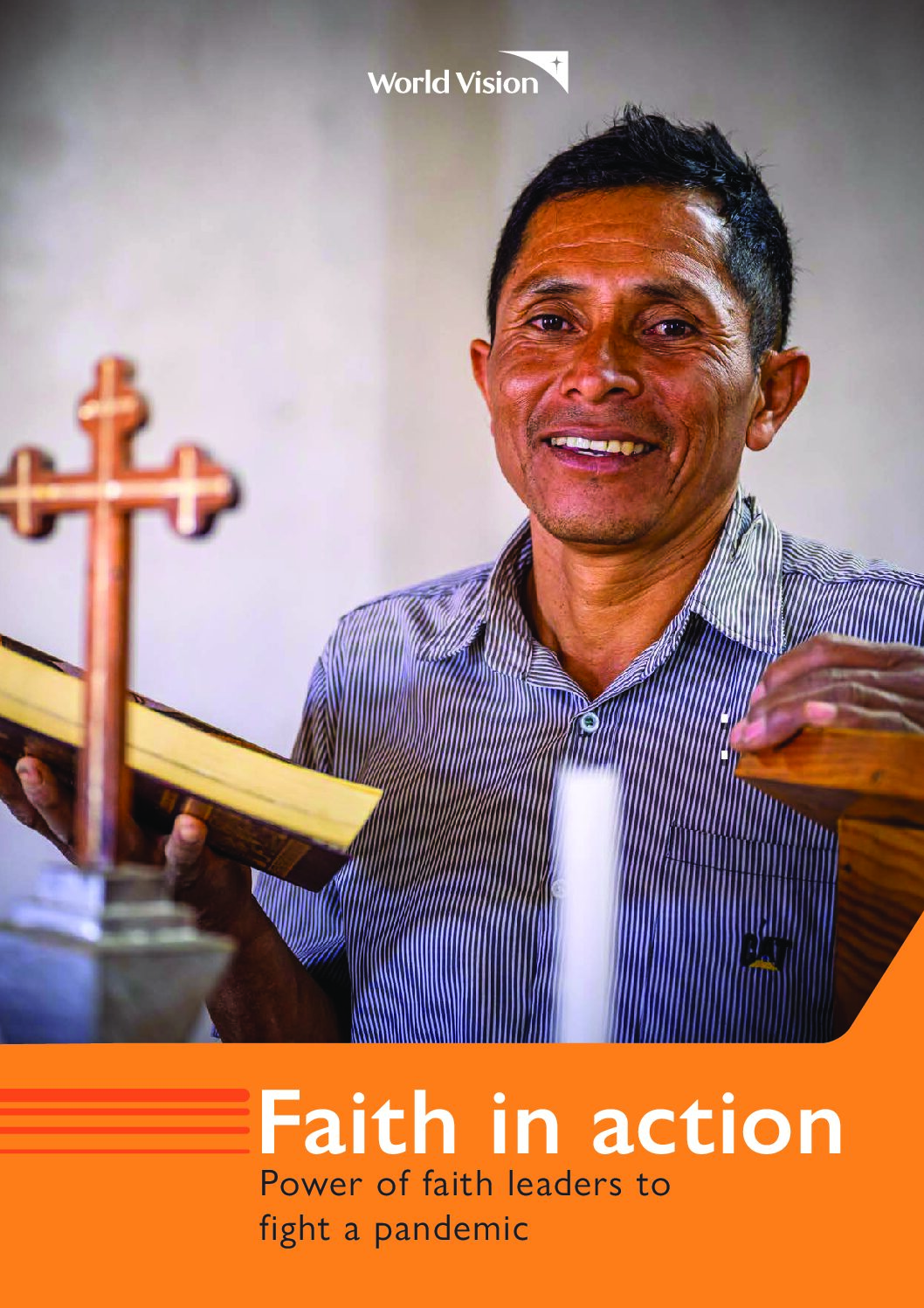Humanistic Humanitarians: A brief look at Taiwanese Humanistic Buddhism for the humanitarian sector
Naomi Fastovky
Harvard Divinity School ’23

Introduction: At the Intersection of Humanistic Buddhism and Humanitarian Work
This blog post is the first piece in a five-part series on Taiwanese Humanistic Buddhism, written by Naomi Fastovsky as part of her Religion and Public Life Capstone Project at Harvard Divinity School, co-supervised by JLI.
It was 1966 in Hualien, Taiwan. A young Buddhist nun named Cheng Yen (Zhengyan證嚴) and her small community of disciples serendipitously encountered three Catholic nuns who, after a friendly inter-religious discussion, left her with some parting words:
“Today [we] finally understand that the Buddha’s compassion is universal to the life of all living things; this is indeed mighty. Nevertheless, although Catholicism’s universal love is just for human beings, in society we build churches, hospitals, and retirement homes. So, what concrete contributions does Buddhism bring to society?”
Emerging from this, Cheng Yen thought to herself that “Buddhists often do good without desiring recognition, but mostly they do good deeds one by one, individually, and only under pseudonyms. It is unfortunate that this deep love is scattered and lacks organization.” She was therefore inspired to create the Tzu Chi Foundation (Fojiao ciji cishan shiye jijinhui 慈濟慈善事業基金會, Buddhist Compassion and Relief Charity Foundation), now one of the world’s leading Buddhist non-government organizations (NGOs).

After reading this anecdote quoted from a brief biography of Cheng Yen written on a Tzu Chi website, I was compelled to ask if, in truth, a religious organization needs to do good for society. Further, why would such a brief interaction have such an impact on Cheng Yen? Do Buddhists, indeed, only do good works secretively and in an unorganized fashion? At the very least, it seems clear that some assumptions about religion, Buddhism, and “doing good” are at play here. By the end of this blog series, we will be able to revisit this anecdote anew as a microcosm of the complex dynamics present where Buddhism meets the humanitarian sector.
This analysis is rooted in three well-known Taiwanese Buddhist organizations: Foguangshan 佛光山 (Buddha Light Mountain), Tzu Chi (Ciji 慈濟), and Dharma Drum Mountain (Fagushan 法鼓山). Beyond their similar status as highly organized international modern Buddhist organizations, all three use the term “Humanistic Buddhism” or “Socially Engaged Buddhism” in English (renjian fojiao 人間佛教 lit. “Buddhism among people”), which we will later distinguish from “humanitarian,” although the similarity is not lost on practitioners. Although I have chosen a limited scope, the three Taiwanese Buddhist organizations are some of the most represented Buddhists globally and thus touch on broader topics such as the history of Humanistic Buddhism, the diversity of Buddhisms, and the problematics at the intersection of Buddhism and humanitarian work.
The importance of this project lies within the humanitarian principles themselves, namely neutrality and impartiality, and their recent decolonial turn captured in the localizing and redistribution efforts of the Grand Bargain. With this critical stance in mind, this blog recognizes the important work being done at the intersection of Buddhism and humanitarianism, yet also offers an alternative to popular ways of thinking about this work, including those that make Buddhism serve humanitarian goals rather than the other way around, fall into harmful stereotypes about what Buddhism should be rather than the diverse lived reality of what it is, and treat the presence of Buddhism in the sector as self-evident rather than emerging from a history of colonization and Christian missionary work.
Further Reading
Ciji jijinhui 慈濟基金會 (Compassion and Relief Foundation). “Master Chengyen (Renshi zhengyan shangren認識證嚴上人).” Ciji quanqiu zixun wang 慈濟全球資訊網 (Worldwide Ciji Information Web), March 31, 2009. https://tw.tzuchi.org/證嚴上人/關於上人/上人簡介




0 Comments